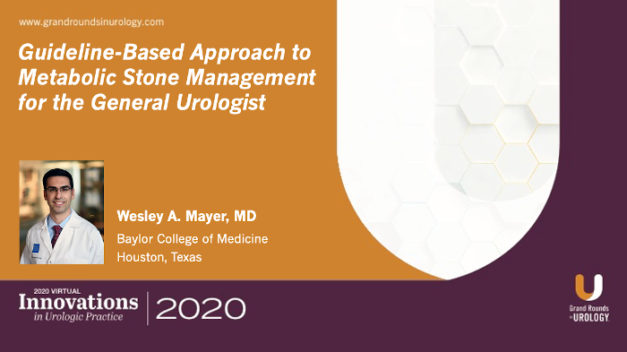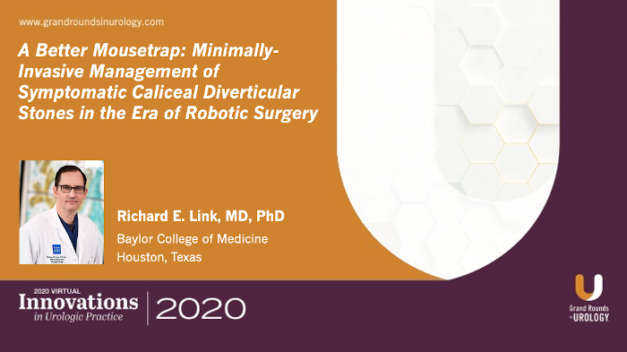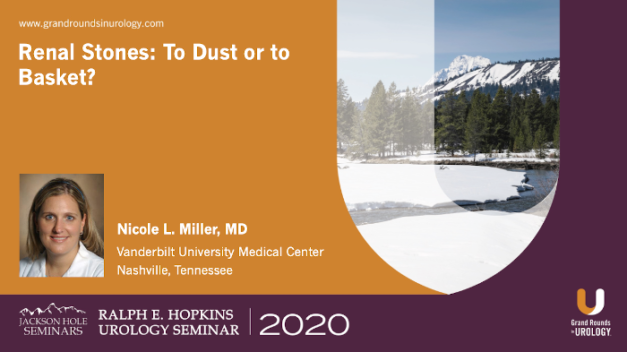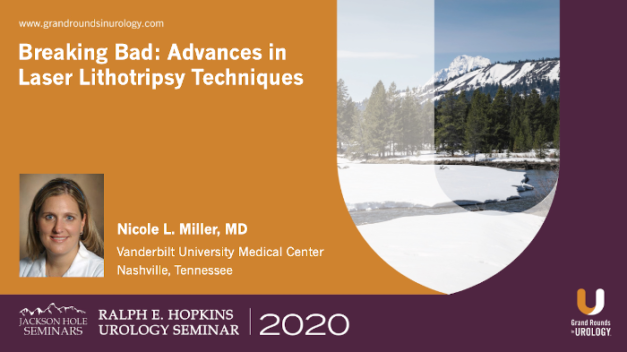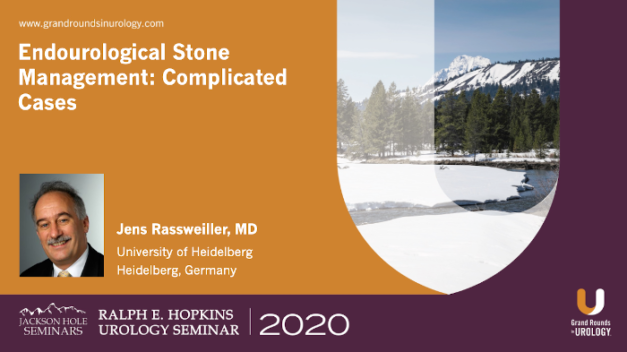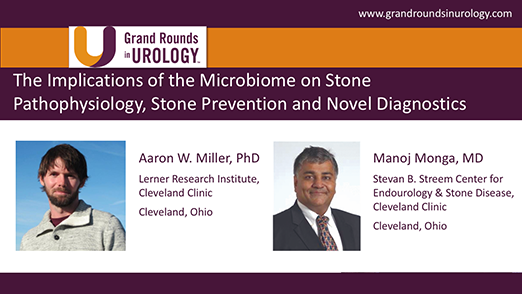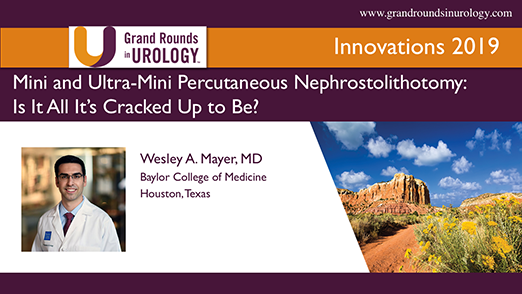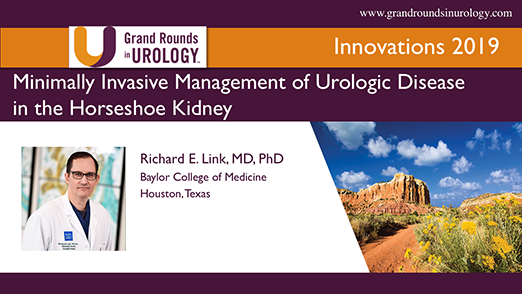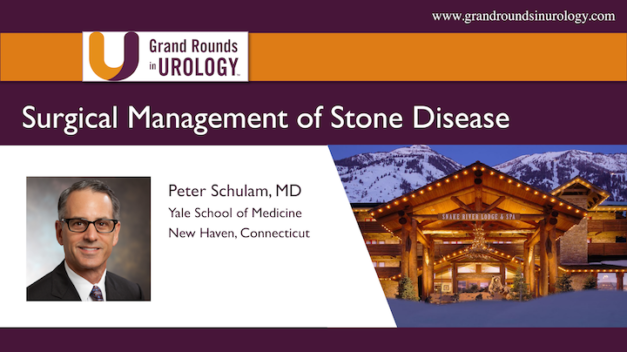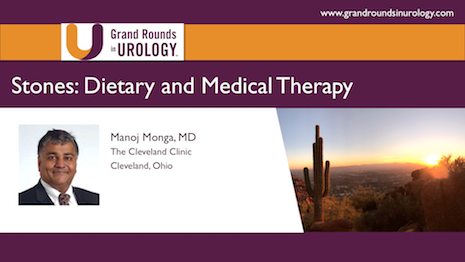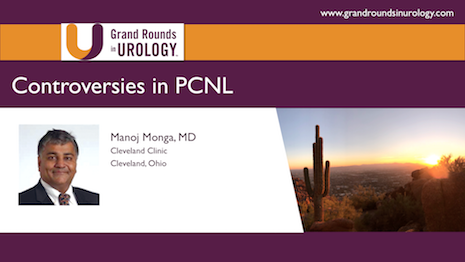Immunotherapy for NMIBC: Emerging and Expanding Indications
Jennifer M. Taylor, MD, MPH, Assistant Professor of Urology at Baylor College of Medicine in Houston, Texas, reviews new indications for immunotherapy for non-muscle invasive bladder cancer (NMIBC). She discusses the most common immunotherapy option, presents active clinical trials, and evaluates new treatment options. AUA guidance has previously stated that immunotherapy should be reserved for highest-risk NMIBC, and that for lower-risk cancer, patients and clinicians should weigh the benefit ratio when considering whether immunotherapy is an appropriate treatment choice given the possibility of adverse events. However, a shortage of the most common intravesical immunotherapy, bacillus Calmette-Guerin (BCG), in combination with increased numbers of BCG-unresponsive patients, have altered the treatment landscape. Dr. Taylor reviews the 2018 definition of BCG-unresponsive NMIBC and identifies several ways to determine whether a patient is BCG-unresponsive. Finally, she discusses the approval of pembrolizumab as a newly-available treatment for BCG-unresponsive NMIBC. In the study that led to the approval, 41% of patients had a complete response and no patients progressed to muscle invasive bladder cancer or metastasis. These favorable results are notable given that the gold-standard alternative is radical cystectomy. Additionally, pembrolizumab is well-tolerated and while adverse immune-related events are serious, they are rare and can be managed. Other treatments are also currently under investigation.
Read More

